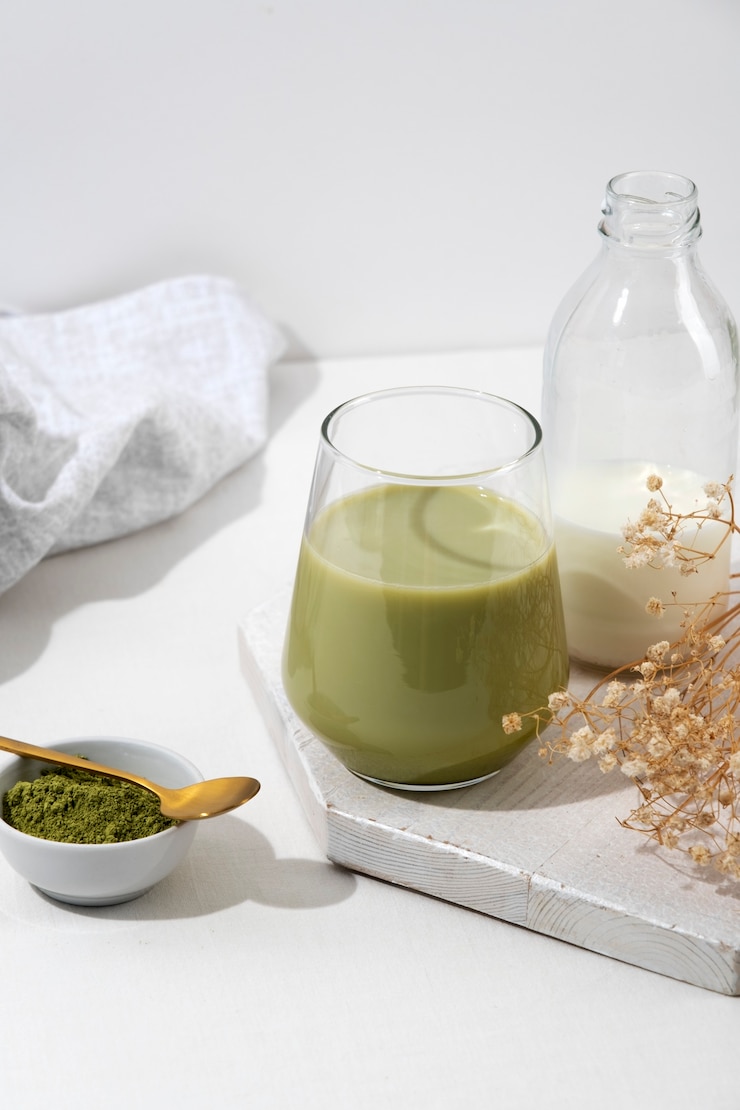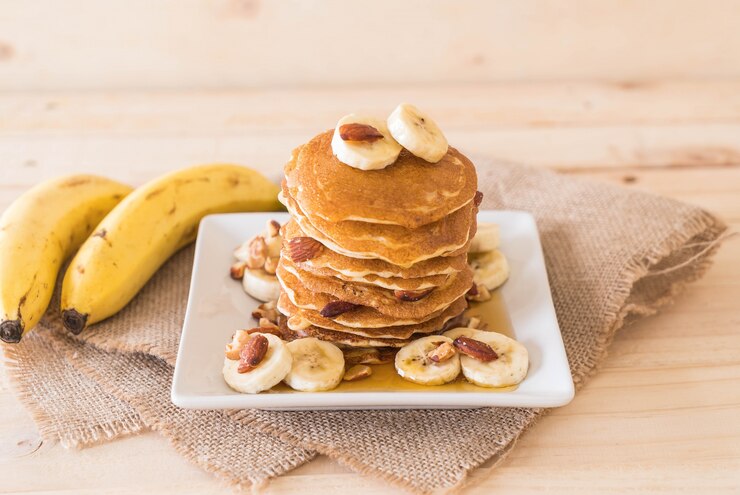
JUMP TO RECIPE
I enjoy a good cup of tea daily, but a few times a week, I switch things up with a matcha latte at breakfast. And no, I’m not a coffee drinker—though I adore its taste and aroma, coffee just doesn’t sit right with me. Matcha, however, is packed with so many health benefits, it’s a true superfood.
Let’s explore the perks of matcha. One downside could be its price, but if you’re used to buying coffee or lattes at a café, making matcha at home is more cost-effective. I order a certified organic brand from Canada, Soar Organics, through an Amazon subscription. I’ve tried various high-quality matcha brands, and this one is my favorite. It doesn’t require sweetening and has a pleasant aroma and earthy taste.
Tips for preparing matcha: I frequently add about 5-7g of collagen to my latte. Most collagen brands provide a scoop that equals 5-10g, but I notice benefits at half the recommended daily dose of 10g, making it last longer.
About collagen: Collagen is the most abundant protein in our body, found in blood, bones, joints, ligaments, muscles, and skin. It’s essential for the skin’s elasticity, comprising 90% of the skin’s dermis, and contributes to hydrated, youthful-looking skin. I’ve used collagen for five years, noticing more hydrated skin within weeks. Collagen supplements are generally flavorless and odorless, blending seamlessly into your drinks. Some brands I recommend are Bend Beauty, Great Lakes, Organika, and Genuine Health.
Let’s dive into my delicious matcha latte recipe!
You can watch a video tutorial on making a Matcha Collagen Latte.
This recipe serves one. *I use Elmhurst 3-ingredient oat milk. If you don’t have a milk frother or steamer, blend all the ingredients in a high-power blender until frothy.
Please note, some comments are older, as I’ve recently updated this post.
—
Can you make the matcha latte using a milk steamer instead of a blender? Certainly! Warm the milk in the steamer, prepare the matcha with hot water separately, then combine both with collagen and honey in a mug.
Any benefits to choosing marine collagen over bovine or vice versa? Not really, it’s a personal preference as both contain type I collagen, which makes up 80% of your skin.
Hi! I love matcha! Where do you get yours? Matcha Ninja is a great option: [Matcha Ninja Site]
Can collagen peptides cause a reaction in people with “histamine intolerance”? It’s possible, but it varies. I know someone with histamine intolerance who tolerates collagen well. If you experience issues, stop using it for two weeks and try again.
Recommendations for collagen brands can be overwhelming. Some top-quality brands include Bend Beauty, Genuine Health, and Organika.
Thinking of adding collagen to turmeric tea? Absolutely! A tasteless and odorless collagen works perfectly.
I enjoy monk fruit sweetener. While cleansing, it’s fine due to its low glycemic impact, but it depends on your cleanse goals.
Vegetarian replacing collagen powder with plant protein? Omitting collagen is fine. Adding plant protein turns it into a smoothie, not a latte.
After reading tips on energy boosts, I tried the latte with coconut milk and a tsp of mace—delicious! Matcha gives you energy without the crash.
For collagen recommendations, Bend Beauty, Genuine Health, Organika, and Sproos are great options. I prefer bovine collagen for skin health based on personal experience.


